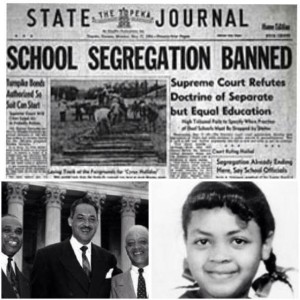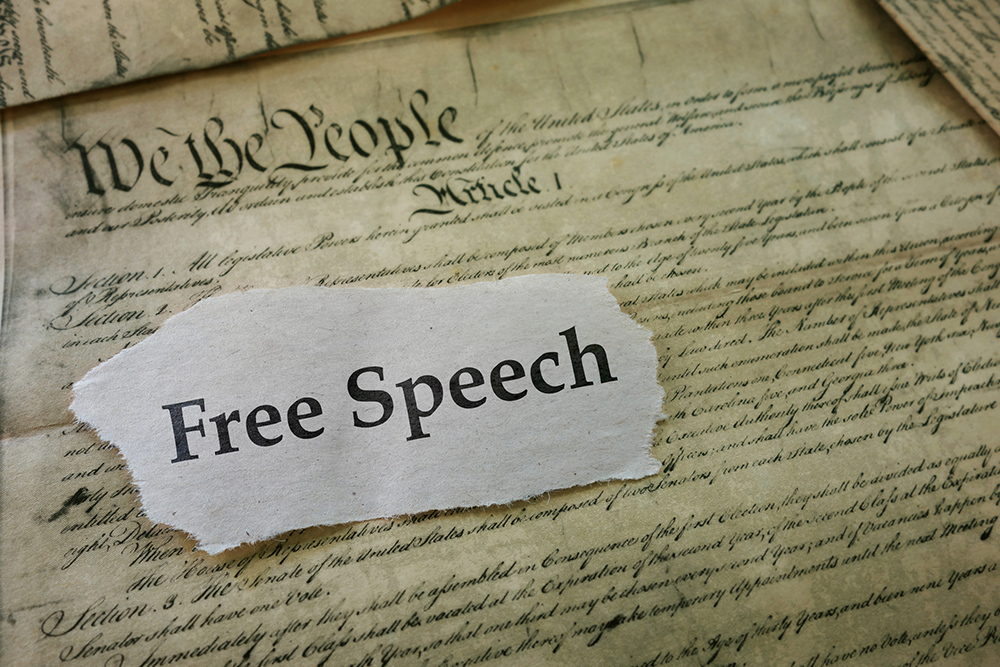One of the most interesting presentations from the EOTO projects was the history of the emoji. I had never thought about how the emoji has gotten to be the emoji of today.
The first emoji was sent in 1982 by Scott Fahlman. Mr. Fahlman used his creativity to combine the parenthesis with the colon to create :) to symbolize happiness and send it via email.
This move to expand emojis continued later with Japanese designer Shigitaka Kurita. In 1999, Kurita wanted an easier way to communicate, so he used visuals to create the first emoticon keyboard. Kurita is considered to be the "father of emojis."
Emojis picked up again in 2009 when Apple engineers Yasu Kida and Peter Edberg created the 625 emojis for Apple. Apple then wanted its own keyboard so, in 2011, it added an official keyboard to its phones. Over the past eight years, Apple has steadily been adding more and more emojis, from the gay pride flag to including many more races and ethnicities.
Eventually, Fred Benenson translated the whole Moby Dick book to Emoji Dick. Also, the Museum of Modern Art in New York City holds the original emoji collection.

Today, almost everyone knows what an emoji is. Many businesses are using them to connect with their customers. Who knows what new emojis we will have in the future? The only limit is our imagination.











